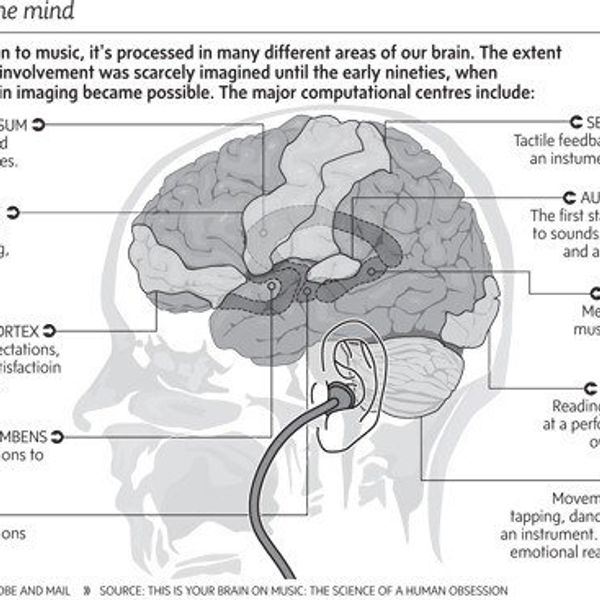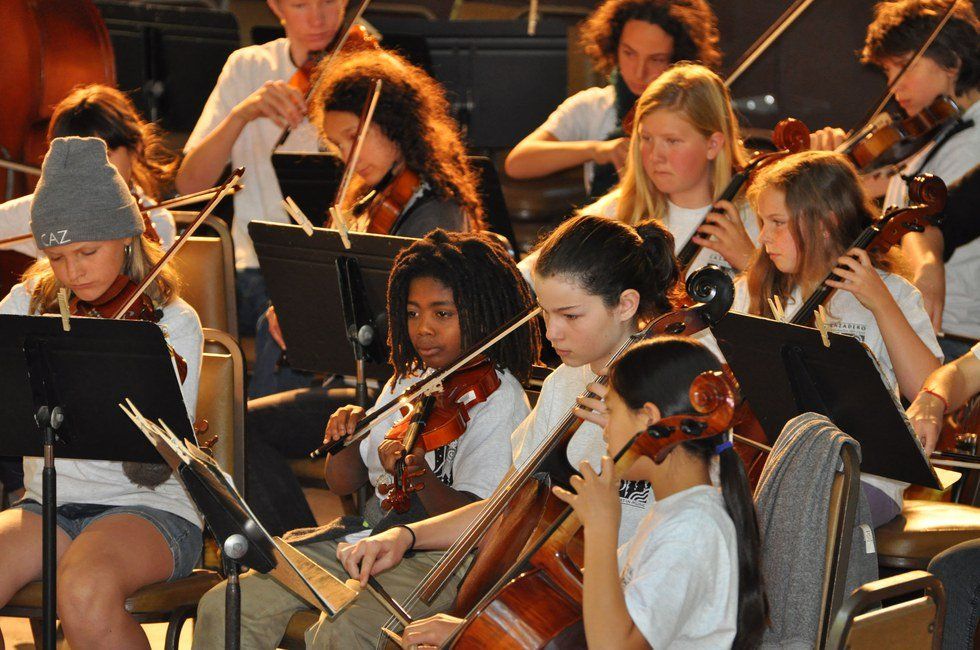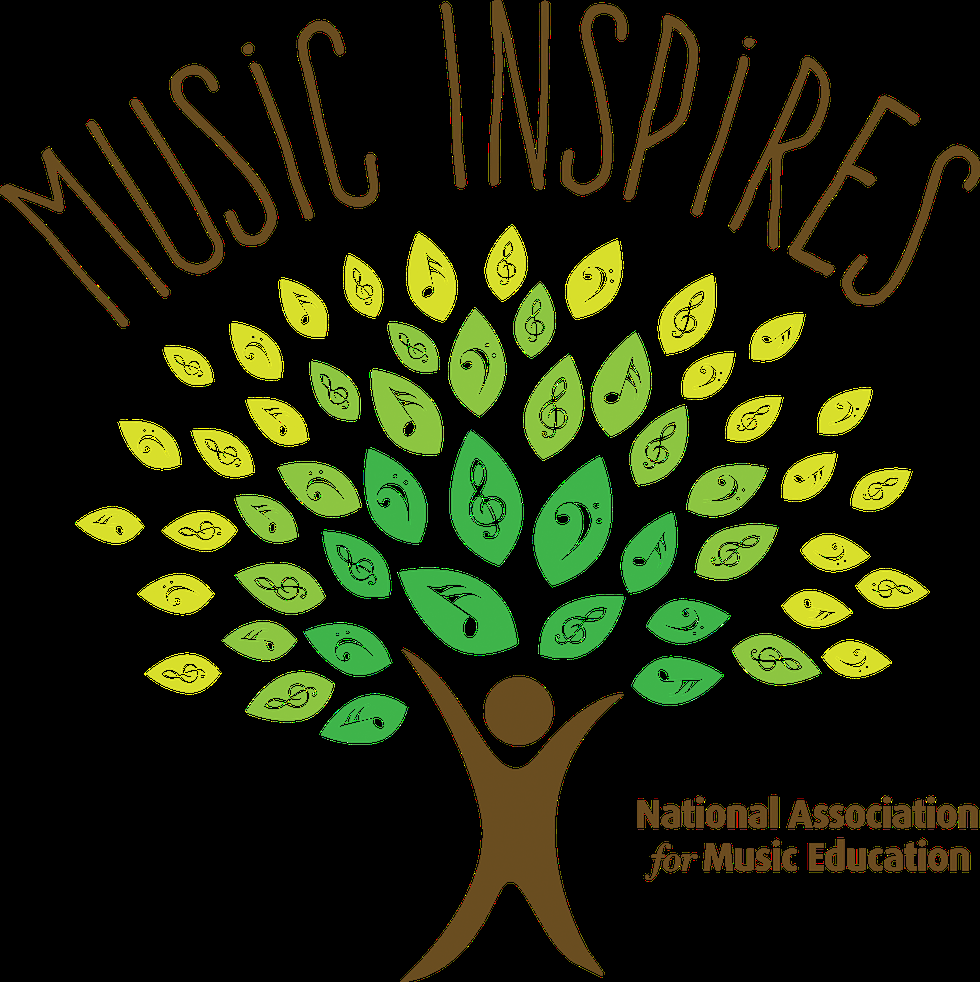Often times music education programs are overlooked by students and administrators in public schools. Most of the focus is geared toward school curriculum's basic studies: science, social studies, math, and reading. In reality, a lot of us fail to realize that music education is just as important as the core subjects. Children who are fortunate enough to receive weekly music lessons from band and choir, or just general music classes, highly benefit from the experience. Read on to check out my list of music education benefits:
1. Music education ties in greatly with both mathematics and reading.
In music, there are what you call half, quarter and whole notes. These notes can be compared to fractions and whole numbers in math. Some musicians place numbers above the grand staff worksheet to indicate the different parts/measures of notes. Exposing children to music helps them learn different sounds and meanings of words. Learning the words to songs is much similar to reading a book.
2. Children use music as a form of self-expression.
It's so hard for kids to just be themselves in today's world. They are often exposed to peer pressure from their friends and social media to pretend to be someone they're not in order to be popular. This often leads to depression and low self-esteem. Kids regularly use music to escape the reality of peer pressure and to be themselves.
3. Music encourages children to stay focused in school.
For most students, participating in extracurricular activities is a privilege and a very rewarding incentive. An enjoyable subject such as music keeps children focused on other subjects. Most children know they won't be able to participate in activities such as band and choir if they don't have the proper grades, so they work hard at making good grades in all subjects.
4. Music can be relaxing.
Students sit in a classroom for approximately six hours a day learning and fighting to stay awake. Singing and playing music is a way for them to relieve stress and relax after a long day.
5. It helps keep children out of trouble.
Studies have shown that children are more likely to stay off the streets and stay out of trouble when they are engaged in some type of extracurricular activity such as playing sports or participating in band and choir.
6. Children can learn teamwork.
Groups such as band or choir may require students to work together, whether it be to help each other learn certain parts of music or to practice for upcoming performances. While in these groups, students will learn how to work together and communicate with others.
7. Increases motor skills.
Dancing to music helps with the development of motor skills. Just like with other sports, playing instruments helps with hand/eye coordination.
8. Teaches Self-discipline.
When children take the time out of their schedules to practice music for a certain amount of time, they are disciplining themselves to stay on a set schedule to get things done.
9. Better SAT scores.
Students who are exposed to music education are more likely to score higher on the SAT. One report shows that in 2012 students who participated in music scored an average of 31 points above average in the reading section.
10. Increases chances of receiving scholarships.
Children who participate in music programs are likely to continue their study of music after high school. Some students have the privilege of receiving scholarships to attend various universities and visual and performing art schools.
11. Students become more confident.
Music education is likely to better communication skills for students. Encouragement from teachers, family, and peers allow students playing instruments to build more confidence. Having self-confidence will allow students to interact more with peers and lead to excellent success.























